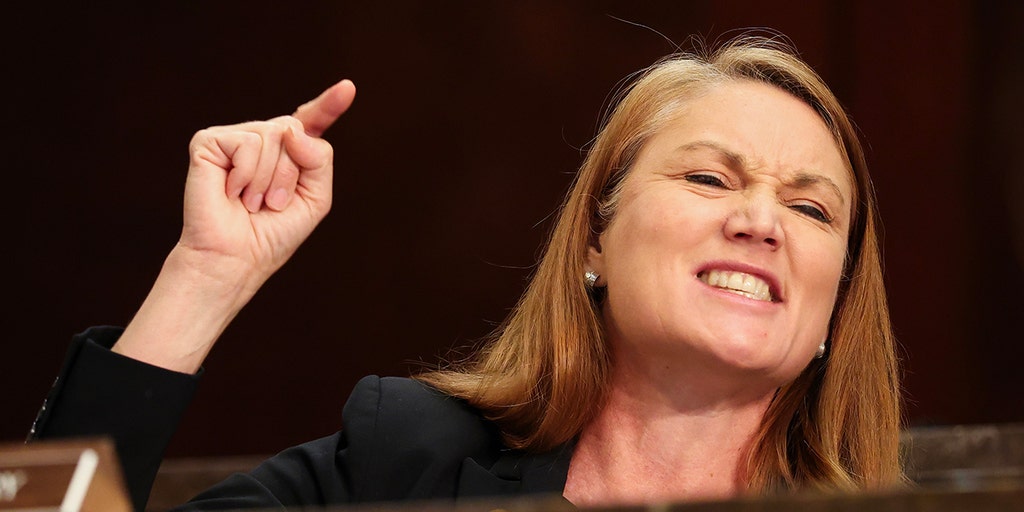A
s the Trump administration's efforts to slash wasteful government spending gain momentum, a Democrat on the House Oversight Committee is sounding the alarm over what she calls a "reckless fire sale" of federal real estate. Rep. Melanie Stansbury, ranking Democrat on the Department of Government Efficiency (DOGE) subcommittee, accused the administration of using the sales to fund tax cuts that will benefit wealthy donors.
The General Services Administration (GSA), working with DOGE, has made significant strides in reducing the federal government's real estate portfolio, saving taxpayers an estimated $400 million by terminating nearly 700 leases and eliminating 7.9 million square feet of office space. However, Stansbury claims that this approach is being driven by a desire to line the pockets of billionaires like Elon Musk, who leads DOGE.
Musk's efforts have already yielded substantial savings, with the GSA reporting $140 billion in cost-cutting measures since the start of the Trump administration. But critics argue that these gains come at a steep price: the potential for widespread job losses and the erosion of public services. As one expert noted, reducing government workspaces could save up to $8 billion annually on office space alone.
Stansbury also raised concerns about Musk's own business interests, pointing out that he has secured billions in new contracts across the federal government even as he exits his role with DOGE. She accused him of using his position to advance the interests of SpaceX and its subsidiaries, including Starlink Wi-Fi, which was recently installed at the White House.
The Democrat's criticism comes as DOGE continues to push for further cost-cutting measures, including the elimination of "ineffective" IT programs that could save nearly $33 million. As the debate over government spending rages on, one thing is clear: the stakes are high, and the consequences of failure will be felt by taxpayers across the country.














